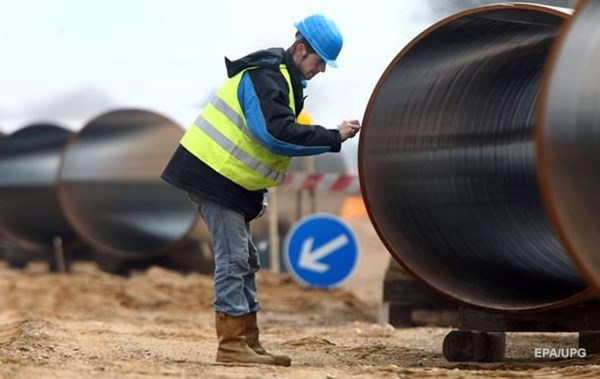Sweden prohibited Gazprom from storing pipes for Nord Stream 2 in Swedish ports
The Head of the Island Council’s Technical Board, Tommy Gardell, stated that the Swedish island of Gotland will not give permission to use Slite harbor for pipe storage during the installation of the Nord Stream 2 gas pipeline, Meduza reported, referencing consultations between the Ministry for Foreign Affairs and the Ministry of Defense of Sweden.
The Heads of the Ministries informed the representatives of Gotland that keeping pipes in the port could have a negative effect on the country’s military and political interests. The Minister of Defense of Sweden, Peter Hultqvist, noted that Swedish servicemen are constantly present in Slite. The Defense Ministry has not ruled out the possible allocation of compensation to Gotland for lost profit from cooperating with Gazprom’s pipeline-building efforts.
As previously reported, according to servicemen, listening devices could be installed in pipelines. Slite’s deep harbor could be used for landing Russian marines in the event of conflict. The Swedish Ministry of Defense opposed the use of the Karlshamn municipality for pipeline installation. The Agreement on installation of two new strings of the Nord Stream 2 gas pipelines along the bottom of the Baltic Sea from Russia to Germany was signed in September 2015.
The new pipeline will handle 55 billion cubic meters per year. Nord Stream 2 is meant to enhance the capacities of Nord Stream 1, which is already operational. The Nord Stream 2 AG Company, which is engaged in construction planning is 100% owned by Russian Gazprom through its branch office in the Netherlands.
The former Chancellor of Germany, Gerhard Schröder, who has long been well known for his favorable attitude towards Russia, became the Head of its Board of Directors in the summer. Schröder has been the Chairman of the Shareholder’s Committee of the original Nord Stream AG Company for the past 10 years.
Critics believe that unlike the first string of pipes, the planned second string has no economic justification and it is Kremlin’s purely political project aimed at increasing Europe’s dependence on Russian natural gas. The freeze of the Nord Stream-2 project could potentially be part of the new package of EU sanctions against Russia.
